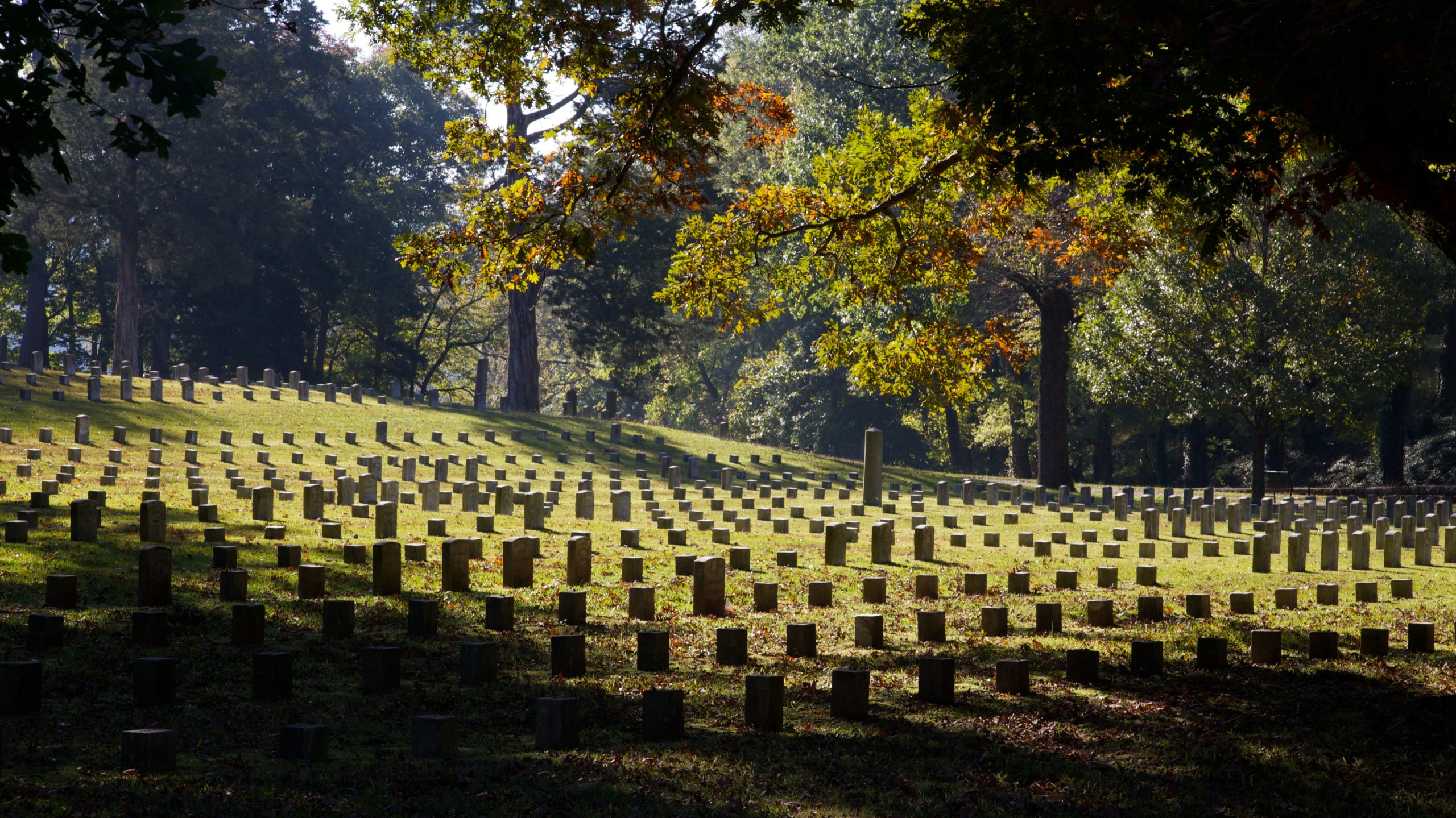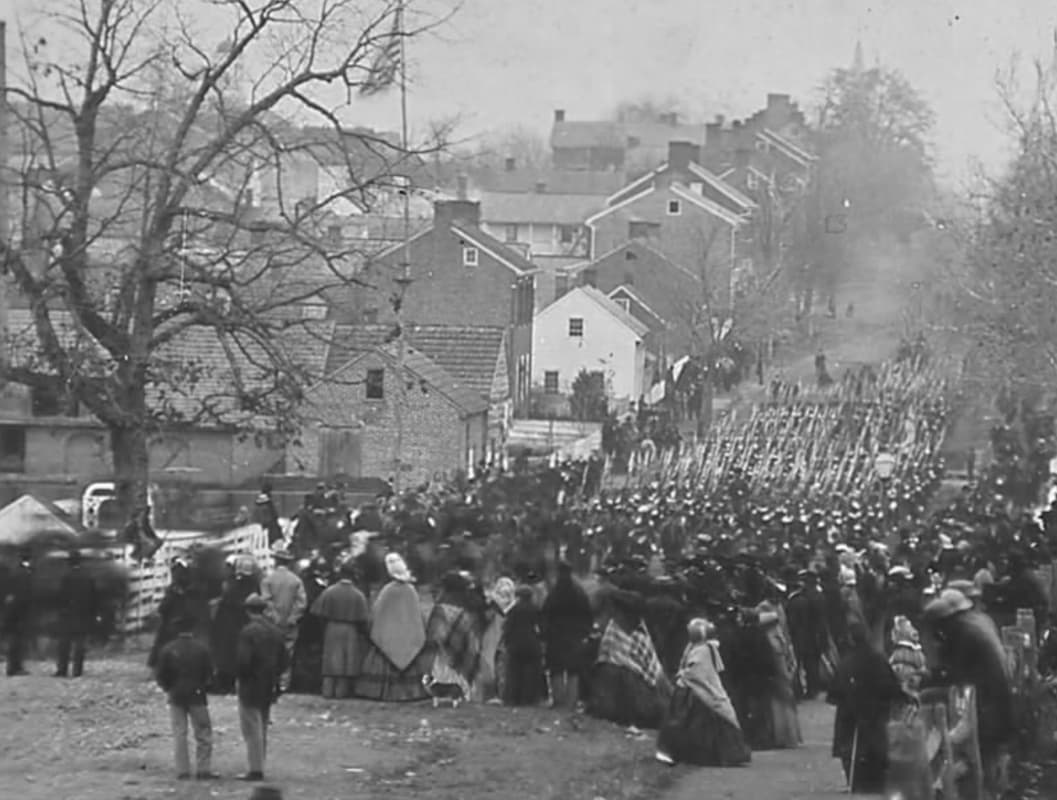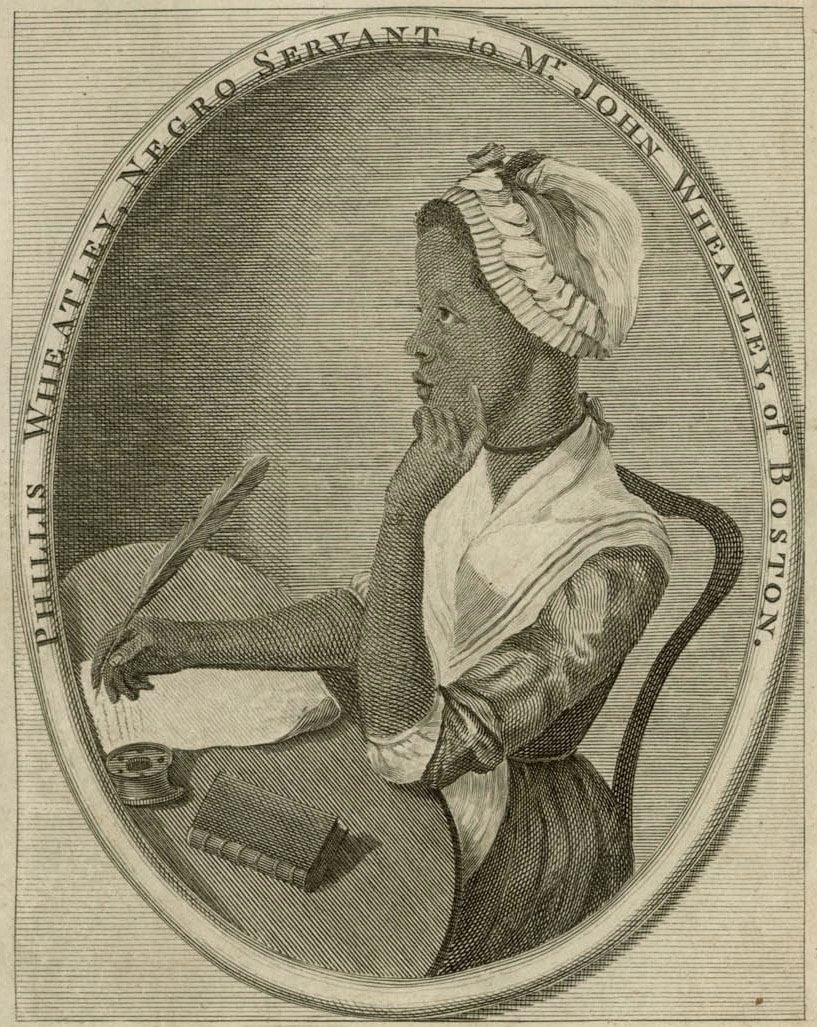Four score and seven years ago our fathers brought forth on this continent a new nation, conceived in liberty and dedicated to the proposition that all men are created equal.
These words are so familiar that we rarely pause to think deeply about what Lincoln meant. The first words — four score and seven — are opaque to many Americans today, but Lincoln’s generation recognized them instantly as language of the King James Bible, signaling a message of deep and abiding importance. Lincoln chose each word with exquisite care, and built every phrase with lapidary precision. His allusions were filled with meaning that his audience understood much more easily than our own.
The first sentence of the Gettysburg Address reaches back to Revolution, which was for Lincoln and his generation the age of America’s patriarchs. Lincoln’s audience had debated the proposition that all men are created equal. They knew that Jefferson and his colleagues in the Continental Congress had dedicated the nation to that proposition in the Declaration of Independence. The nation had been conceived in liberty by the people themselves, and that the Revolution had been effected, as John Adams wrote, in the hearts and minds of Americans long before the first shots of the Revolutionary War were fired.
Who, then, were the fathers who brought forth the new nation?
For an answer we point quickly to the men we have learned to call the Founding Fathers, the politicians and statesman who advocated independence and later framed the Constitution. But these were not the fathers to whom Lincoln alluded. Lincoln meant, and his listeners assumed he meant, other men. And in looking for Lincoln’s true meaning we can find something of even greater importance: the vital connection between the Revolutionary War and the Civil War, between the two transforming and defining events in our national history.
For the Gettysburg Address, Lincoln drew inspiration from his idol, Daniel Webster. Lincoln called Webster’s reply to Robert Hayne in the Senate the greatest speech ever delivered and borrowed his great “House Divided” metaphor from Webster. Lincoln studied Webster’s speeches with care. One he knew better than others, because it was among the most famous American speeches of the nineteenth century.
This was Webster’s oration, delivered on June 17, 1825, at the ceremony to mark the laying of the cornerstone of the Bunker Hill Monument. The ceremony was held on the fiftieth anniversary of the battle — at which point many of its veterans, mostly in their seventies, were still alive. At least forty were present that day. The Reverend Joseph Thaxter, wounded in the battle, served as chaplain. The marquis de Lafayette, then on a tour of the United States, laid the cornerstone. Daniel Webster gave the oration. By the standards of the day it was brief, though it hardly matches the lean elegance of Lincoln at Gettysburg. Yet the connection between the two speeches is clear enough, and Webster’s words are the first call to respect the hallowed ground on which Americans have fought. On that great battlefield, Webster said, “we are among the sepulchers of our fathers. We are on ground distinguished by their valor, their constancy, and the shedding of their blood.”
For Webster, of course, there was nothing metaphorical about referring to the soldiers of the Revolutionary War as fathers. His own father, Ebenezer Webster, had responded the Lexington Alarm, participated in the Siege of Boston, and fought at White Plains and Bennington. What was true for him was true for many men in the second quarter of the nineteenth century. Their connection to the Revolutionary War was personal. The soldiers of the Revolutionary War were their fathers and their grandfathers.
In the years leading up to the Civil War, the memory of the soldiers of the Revolution was a regular part of public discourse. As the debate over slavery and the relations between state and nation degenerated into public discord and political violence, prudent men reminded their fellow Americans that respect for rule of law and reverence for the heroes of the Revolution—the fathers—was the foundation of American liberty.
“Let every American,” Abraham Lincoln said in 1838, “every lover of liberty, every well wisher to his posterity, swear by the blood of the Revolution, never to violate in the least particular, the laws of the country; and never to tolerate their violation by others. As the patriots of seventy-six did to the support of the Declaration of Independence . . . let every American pledge his life, his property, and his sacred honor, and let every man remember that to violate the law, is to trample on the blood of his father, and to tear the character of his own, and his children’s liberty.”
For Lincoln’s generation, the Revolution was not merely the defining event in the nation’s political and constitutional history — a moment in which political theory was harnessed to political practice to establish the first constitutional republic in human history. Lincoln’s generation understood, far better than ours, that the Revolution was a traumatic event, and that its political achievement was made possible by the suffering and sacrifice of war. To us the Revolutionary War seems small — its battles mere skirmishes compared to the great battles of later wars, its death toll paltry, its suffering minor, its sacrifices modest.
Lincoln’s generation knew the truth about the Revolutionary War. “At the close of that struggle,” Lincoln said, “nearly every adult male had been a participator in . . . its scenes. The consequence was, that of those scenes, in the form of a husband, a father, a son or brother, a living history was to be found in every family — a history bearing the indubitable testimonies of its own authenticity, in the limbs mangled, in the scars of wounds received, in the midst of the very scenes related — a history, too, that could be read and understood alike by all, the wise and the ignorant, the learned and the unlearned.” These were the men—the soldiers of the Revolutionary War — who had brought forth, upon this continent, a new nation.
The consciousness of the Revolutionary War and its soldiers that inspired Webster and Lincoln also inspired ordinary Americans. Consider the names on any Civil War muster roll, North or South, filled with the names of young men, the largest number of them born between 1838 and 1843. The rolls are littered with young Francis Marions — as often from north of the Ohio as south—and with Nathanael Greenes and Nathan Hales and George Washingtons, and with Jaspers and Newtons, named for Sergeant William Jasper and Sergeant John Newton, remembered as the heroic common soldiers of the Revolutionary War.
The men and women who heard Lincoln at Gettysburg understood what he meant by “our fathers.” So, too, would the men who fought for the South. They drew inspiration from the Revolutionary War as well. Their faith in the possibility of victory over a powerful opponent rested on the knowledge that George Washington and his army had triumphed over an enemy more powerful than the North. They endured the loss of the southern heartland and the Mississippi Valley with the knowledge that the heroes of the Revolution had lost New York, Philadelphia, Charleston, and Savannah and had triumphed all the same.
The memory of the Revolutionary War inspired North and South, but the Civil War transformed the way Americans thought about the Revolution. The Civil War provided the nation with new heroes, with more immediate stories of heroism, of endurance and of suffering. It added new and terrible names to the roll of American battles.

Two-thirds of the dead buried at Shiloh National Cemetery are unknown. Their graves are marked by small stone squares. (David Brossard photo)
The casualties in the Civil War blotted out the memory of loss in the Revolutionary War. When the Civil War began, no one imagined this would happen. Then on April 6 and 7, 1862, the armies collided in southwest Tennessee. The carnage astonished the nation. In those two days, the casualties at the Battle of Shiloh, North and South, exceeded the combined battlefield casualties of all American battles since Lexington — including the battles of the Revolutionary War, the War of 1812, and the Mexican War.
The nation was appalled. Horrified northerners blamed Grant and called for his immediate dismissal. Grant himself had hoped that one great battle would end the war. No one could have foreseen that over the next eighteen months, the bloody spectacle of Shiloh would be reenacted in front of Richmond, at Antietam, Fredericksburg, Stone’s River, Chancellorsville, Gettysburg, and Chickamauga — and that the nation’s ordeal would become a horror beyond the scope of imagination.
The sacrifice and suffering was unprecedented. Was it all senseless? What was it for? At Gettysburg Lincoln explained: the suffering and sacrifice must lead to “a new birth of freedom” that would perpetuate the achievement and the ideals of the fathers — the soldiers of the Revolutionary War who had “brought forth” the nation. In a few words, Lincoln defined the purpose of our Revolution, paid tribute to the soldiers of the Revolutionary War, and defined the purpose of the Civil War and its soldiers — living and dead — in relation to the fundamental principles for which the soldiers of the Revolution had fought and died. He made sense of the tragedy that was costing so many young lives by tying it to the sacrifice of four score and seven years before, when other young lives had been lost so that the nation might be born.
__________
An earlier version of this essay was published as “Our Fathers’ War” in Hallowed Ground, the quarterly magazine of the American Battlefield Trust.


